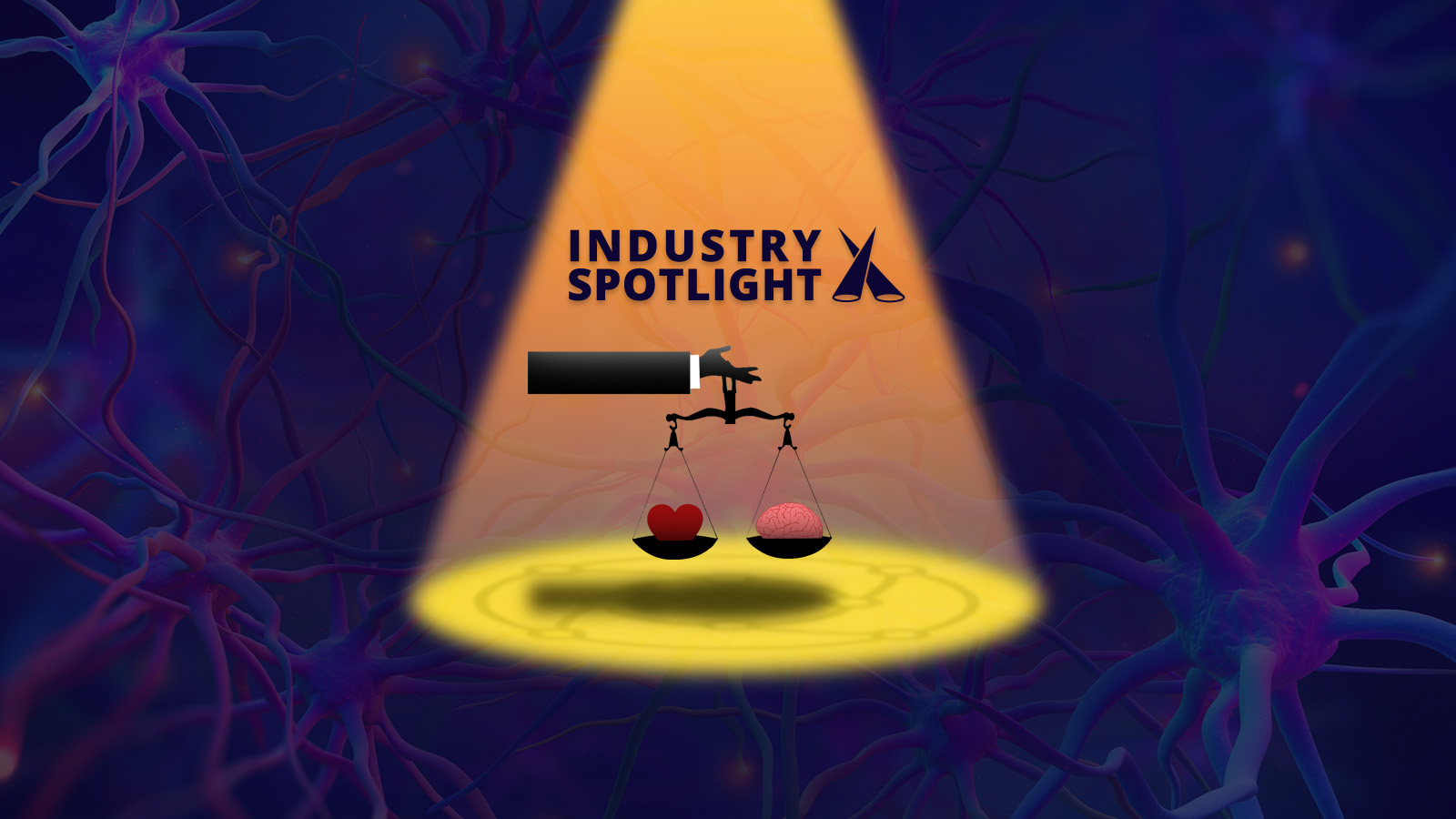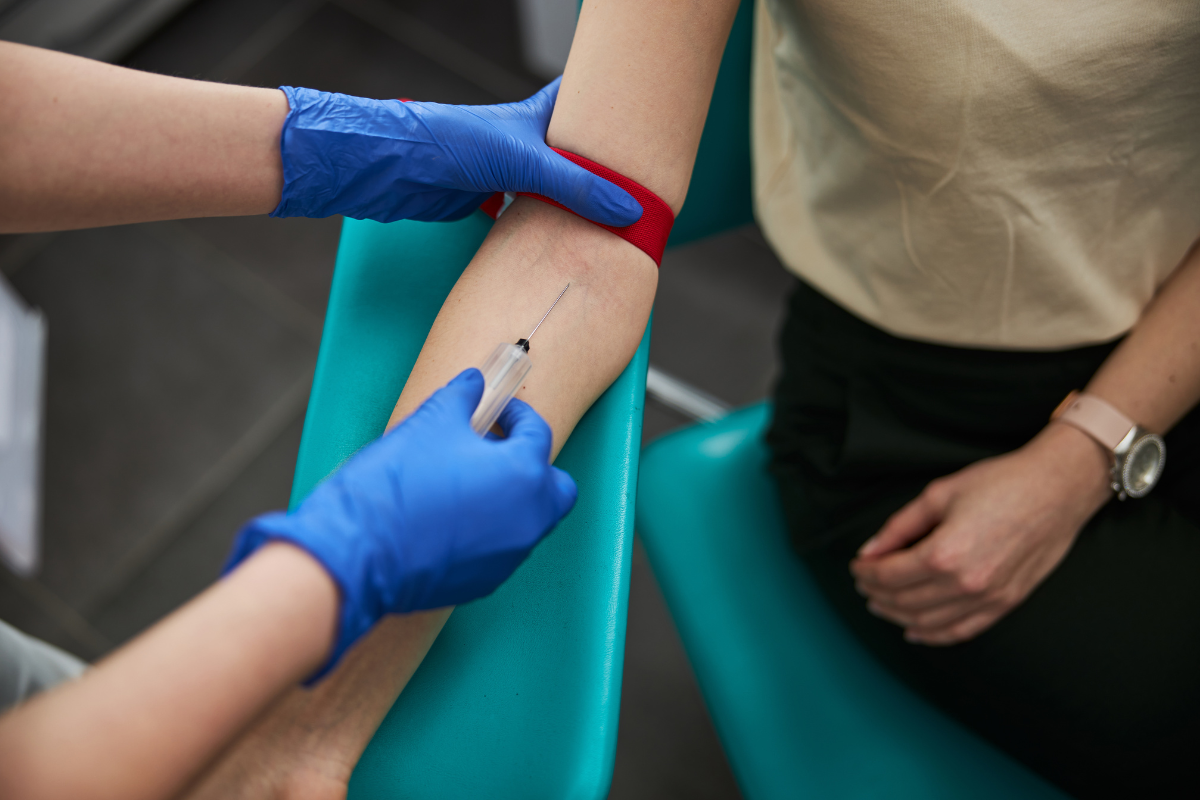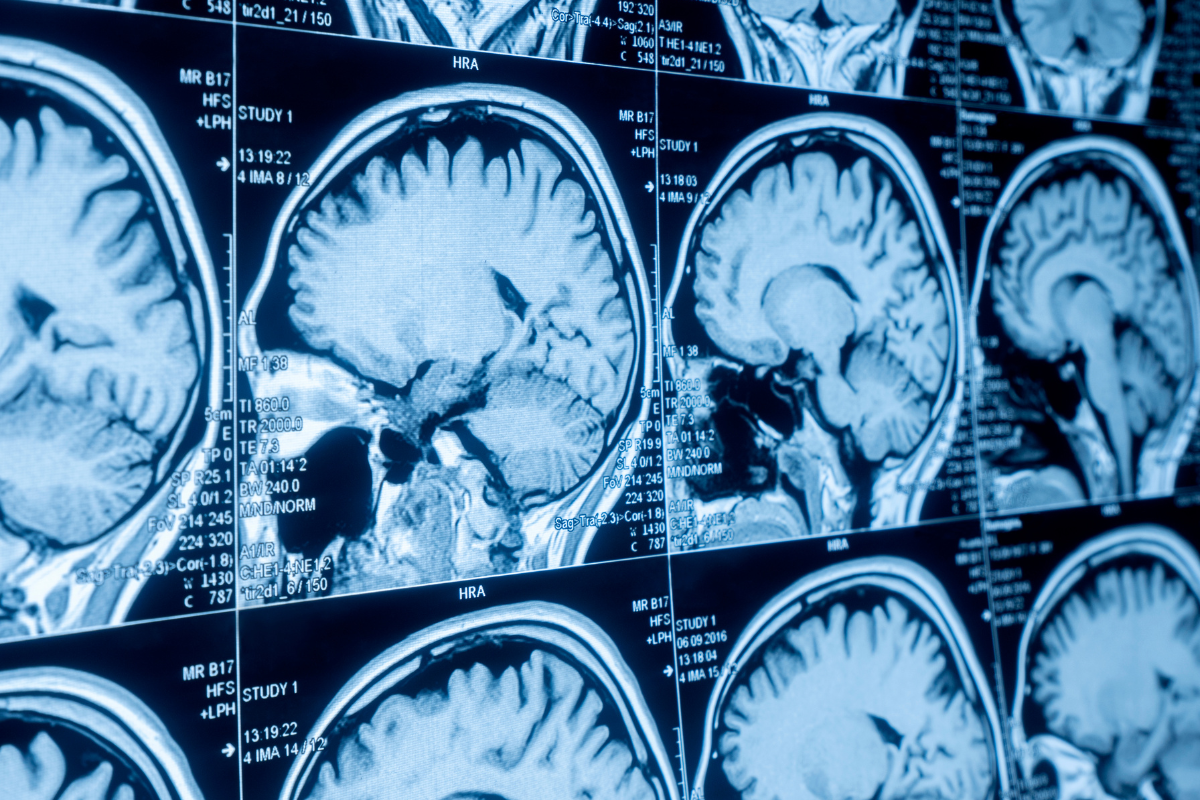The Ethical Issues of Pre-Emptive Dementia Diagnosis

Alzheimer’s disease is one of the leading causes of death, with 1 in 9 individuals over the age of 65 suffering specifically from dementia. What’s more, neurodegenerative disease diagnosis is projected to double by the year 2050.
The growing threat of Alzheimer’s dementia means that now more than ever, a predictive biomarker is required for disease modification and an eventual cure. Dementia is a severe neurodegenerative disease and can often remain undetected until it is too late. A progressive condition, dementia can inhibit memory, cognitive recognition, and overall brain function.
- Urinary Biomarker Detects Early Onset of Alzheimer’s Disease
- Are Neuroimmune Proteins the Key to Neurodegenerative Disease Diagnosis?
- Digital Biomarkers: Using Smartphones for the Passive Monitoring of Neurodegenerative Diseases
In response, billions upon billions of dollars are being invested into Alzheimer’s research every year. Whether it’s molecular abnormalities such as the presence of amyloid plaques or cell death and consequent shrinkage, researchers are busy uncovering the various risk factors and disease biomarkers underlying the condition.
However, with better diagnostic and pre-emptive testing comes the burden of bioethical considerations. Indeed, in the search for a disease-modifying treatment, scientists have now unlocked the possibility of early indication for dementia diagnosis. But such innovation begs the question of whether this is right, and whether, if you were at risk of developing Alzheimer’s disease, you would want to know.
A research article published in the Journal of Alzheimer's Disease, entitled ‘You've Got a Friend in Me: How Cognitively Unimpaired Older Adults Select a Study Partner to Participate with Them in Alzheimer's Disease Research,’ asks this very question.
The highly charged nature of biomarker indications for a life-limiting illness such as dementia can be difficult to digest.
Lead author Emily Largent, from the Department of Medical Ethics and Health Policy at the University of Pennsylvania Perelman School of Medicine, found that due to the prevalence of prevention studies, the number of cognitively healthy people learning their biomarker status is significantly increasing.
The implication of this phenomenon is that disclosing biomarker results to unimpaired individuals, irrespective of preventive possibilities for treating the disease with medication, may come with a significant burden. Moreover, the highly charged nature of biomarker indications for a life-limiting illness such as dementia can be difficult to digest.
Although early indications may not be 100% accurate, such news can be upsetting, leading to a loss of identity and confidence. In particular, the research article found that concerns regarding future neurological fitness shaped the individual’s decision about who to share their pre-emptive diagnosis with.
Fears that Biomarker indication could lead to stigma and discrimination from employers and insurance companies were prevalent. This was a significant finding given that there is currently no legal protection in place for those individuals who experience discrimination due to their biomarker status. The research concluded that from a purely social perspective, we might not be ready for pre-emptive dementia diagnosis.
Emily A. Largent et al, You've Got a Friend in Me: How Cognitively Unimpaired Older Adults Select a Study Partner to Participate with Them in Alzheimer's Disease Research, Journal of Alzheimer's Disease (2022). DOI: 10.3233/JAD-220061
Want to stay up to date with the latest Biomarker news? Register now for Oxford Global’s flagship event, Biomarkers UK. This is a must-attend forum covering the latest trends transforming biomarker and translational research.
Get your weekly dose of industry news here and keep up to date with the latest ‘Industry Spotlight’ posts. For other Biomarkers content, please visit the Biomarkers Content Portal.





